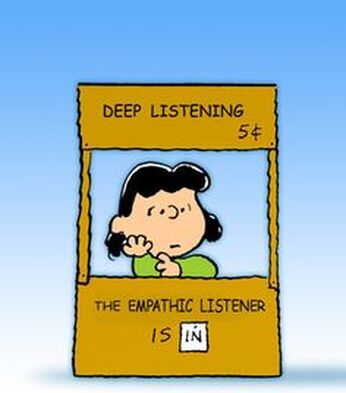|
1/16/2020 The preciousness of timeI recently met up with another coach, Daniel Doherty of the Critical Coaching Group. Although we have been in some of the same networks, I hadn’t met him before. After our meeting, over a cup of tea in a hotel bar, he emailed me a summary of what we’d spoken about: the topics of mutual interest we had covered, the areas and people we had in common, and a summary of what we had agreed to take forward.
This wasn’t a coaching session, simply a meeting, but I was moved by the care he had taken to thoughtfully summarise what was said. I felt valued, and deeply listened to, because he had taken the time to do it. It struck me how precious a resource time has become, and how rarely we have the privilege of someone helping us to reflect upon our words and actions. Certainly within the workplaces I’ve been in it is rare to receive such a summary, and even rarer that it is comprehensive and covers more than the agreed actions. I know that I often intend to follow up meetings, particularly developmental ones such as coaching and supervision sessions, in this way but am not always as consistent or thorough as I would like to be. It is so easy to feel the pressure of things to be done next and lose the preciousness of the moments that have just passed. I feel this is one reason why coaching has flourished. Time and attention are limited, and to have someone spend theirs on and with you, particularly if they are trained and practiced in helping you use it in a generative way, is invaluable to our wellbeing and growth. Just this week I ran an internal coaching skills training for Occupational Therapists and their teams, and they were surprised how much depth and ground could be covered in just ten minutes of focussed peer coaching. Coaching is not only one way to access this precious resource, but it is an increasingly popular one because it does not require you to be simultaneously part of a family, social, organisational, educational, spiritual or other relationship that can shift the balance away from what you need to engage with in that moment. Although I adore working as a formal, one-to-one coach, one of things Daniel and I discussed was the maturity of the external coaching market and the increasing emphasis on building coaching skills within the workplace. A growing strand of my work, such as this week’s workshop, is to equip those who hold influence over the wellbeing and development of others in organisations – primarily managers – to have high quality conversations. Receiving this written summary reminded me once again just how important listening is, and how simple practices such as summarising a conversation can contribute to building organisational cultures that support reflective thinking and dialogue. Comments are closed.
|
AuthorThis blog shows the range of interests and activities that Kate delights in - and shares her news Archives
June 2022
|

 RSS Feed
RSS Feed
